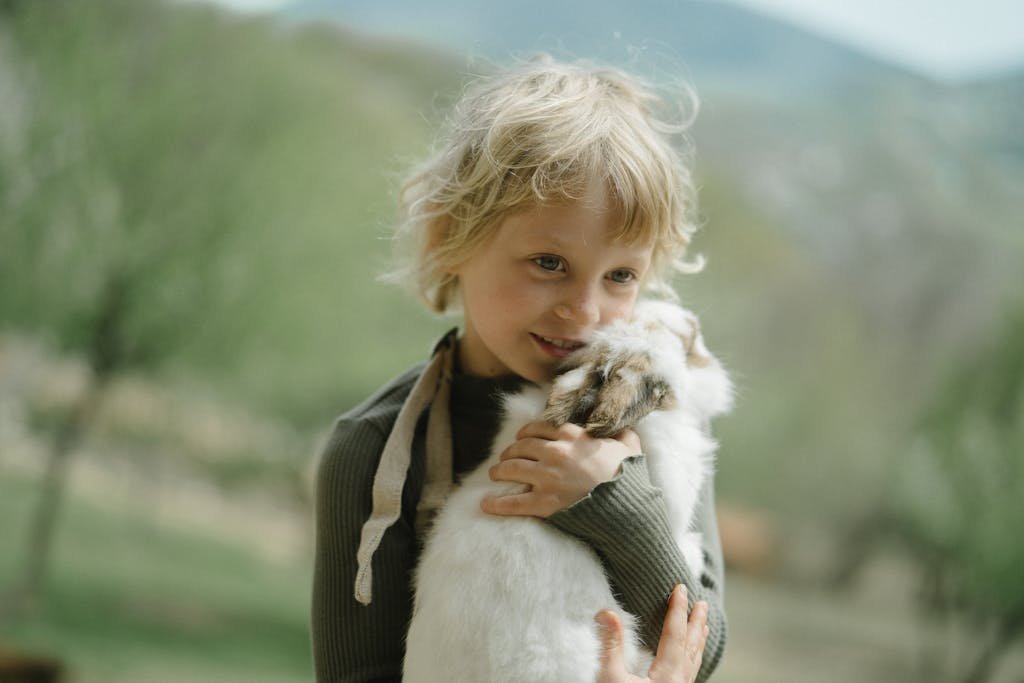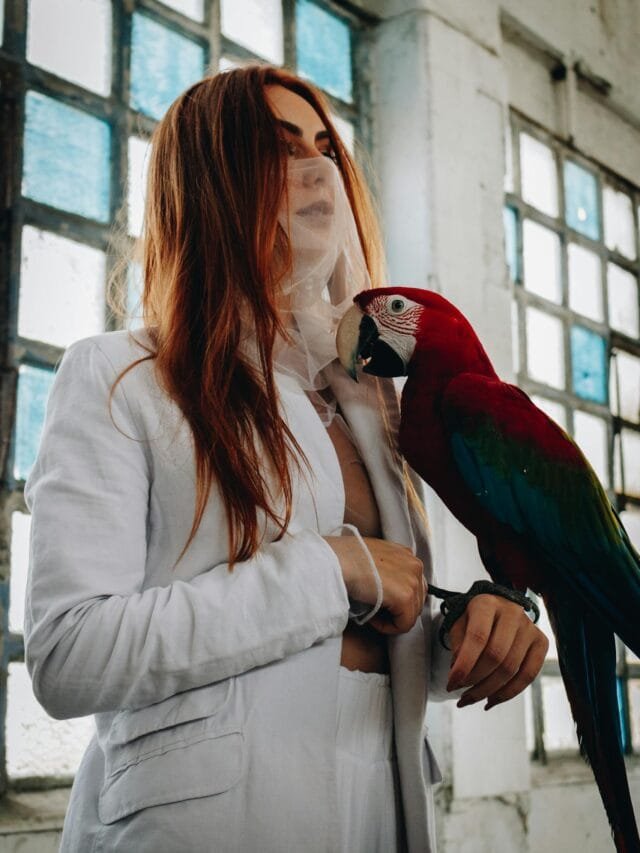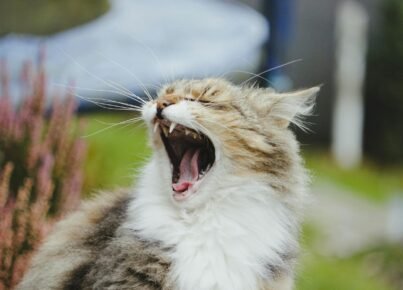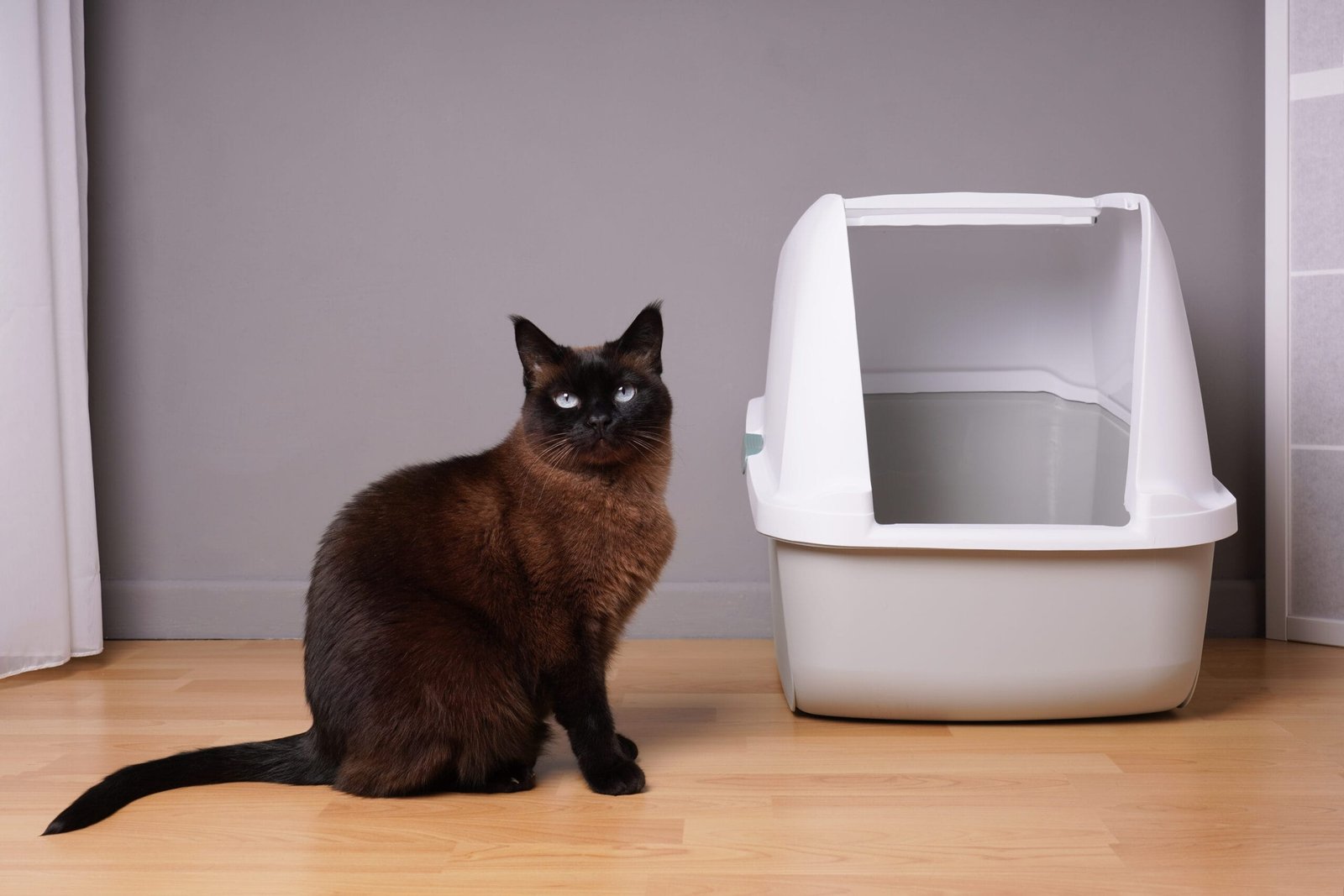Rabbits are excellent, affectionate, and intelligent animals, and they can be fantastic pets. If you recently brought one home or considering adding a pet rabbit to your family, it is essential to familiarize yourself with their needs and lifestyle. With proper care, pet rabbits can live happy, healthy lives and provide companionship for many years. This includes their living arrangements, nutrition, grooming, and social habits and other general tips.
1. Select the Appropriate Living Arrangements

Rabbits require ample, comfortable living conditions to remain healthy and happy. It does not matter if you keep your rabbit indoors or outdoors, the appropriate accommodations are necessary.
Indoor Arrangements Cage: The cage’s minimum dimension should be four times that of a fully extended rabbit. You can opt for a larger enclosure.
Free roam: To see rabbits free-roam regularly, create a rabbit-proofed room or house, and make sure to eliminate dangerous goods from power cords and poisonous objects.
Litter box: Indoor living is straightforward because rabbits can be litter-trained, so use a litter pan with a flat, rabbit-friendly litter court.
Outdoor Arrangements Hutch: The hutch should be spacious and weather-resistant with plenty of room for your rabbit. It should also be elevated from the ground to keep the predators and dampness out.
Weather: Make sure the hutch is protected from excessive heat, cold, rain, and wind; in hot weather, rabbits can develop heatstroke.
2. Diet and Nutrition

The most important thing for your rabbit is to have a healthy diet. By nature, they have sensitive digestive systems requiring a careful selection of foods to create the ideal balance for their health.
Hay
First Thing: Diet Hay 75-80%A rabbit’s diet consists mostly of hay. They benefit from consuming hay daily, specifically fresh timothy, oat or orchard grass hays that help to keep their digestion in line and allow them to grind down their teeth.
Unlimited Hay: Make sure your rabbit is never without fresh hay. This allows your pet to digest well and prevents their teeth from growing too much which can lead to overgrown teeth, and health problems.
Fresh Vegetables
Daily Greens: Generally 1-2 cups of fresh leafy greens per 2 lbs. of the bunny’s body weight each day. Human vegetables that can be offered are romaine lettuce, parsley and cilantro.
As variety: Rotate veggies to provide a rabbit with some balanced nutrients. Stay away from iceberg lettuce, it has practically no nutritional content.
Pellets
Pellet rations: A native rabbit only needs a small daily ration of good quality, high-fibre pellets. Less quality hay pellets with added sugar, artificial ingredients or even seeds.
Use moderation: Pellet servings should be based on the size and age of your rabbit (usually around 1/4 cup per 5 pounds).
Fresh Water
Water — Be sure to always have fresh water available. Clean and refill a water bottle or bowl each day. Bottle Preference SnubSome rabbits prefer dishes over bottles, and some like bottles better than dishes – give both kinds to see which yours prefers.
Treats
Rabbits enjoy fruits such as apples, bananas, and strawberries from time to time but only in small quantities because of the high sugar levels.
3. Grooming and Hygiene

Rabbits are tidy creatures, but long-haired varieties like Angoras will need some extra grooming.
Brushing
Stop colour balls:Caring for yours rabbits continues with the end of those instances, as while rabbits shed and groom themselves, this can leads to furballs if not brushed frequently. Try to brush your rabbit once a week, and daily during shedding season.
Tools: Soft Bristle Brush or Grooming Mitt designed for the Rabbit to help you remove loose fur gently.
Nail Trimming
Trim Every 4-6 Weeks: Rabbit nails should be trimmed every four to six weeks in order to avoid walking discomfort or causing injuries.
DIY: Use a small animal nail clipper, making sure not to cut the quick (the blood supply running down center of the nail). If not, ask your vet or a groomer for help.
Bathing
Sometimes baths make us happy, yes I was at the dog park because Silly Human sprayed water all over me NO BATHS NEEDED: Rabbits usually do not need a bath. They, too,are able to groom themselves and have a greater risk of stress from water. In either case, they can be wiped down if needed.
4. Exercise and Playtime

Rabbits are a very active animal, and need plenty of places to exercise in order to keep them healthy, both physically and mentally.
Daily Exercise
Space to Hop – Provide at least 3-4 hours of daily out-of-cage exercise This could be monitored indoors or in a safe outdoor playpen.
Safe Space: Ensure there are no nearby dangers, and move electrical cords, stabby objects, or poisonous plants out of the way.
Toys and Enrichment
Enrichment: Rabbits are curious animals, so they require toys and activities to keep them intellectually engaged. Chew toys, tunnels and cardboard boxes will all provide them with ample entertainment.
Homemade Toys: On your own, you can make easy toys by providing cardboard rolls, hay filled paper bag or safe to chew wooden blocks.
5. Socialization and Bonding

Rabbits are a social species and they actually require company. Rabbits also need a lot of social time with other buns and/or their hoomin to keep them sane.
Bonding with Humans
Earning Trust: Show your rabbit both patience and gentle treatment. Have a treat in hand and pet them gently with your other hand until they have built trust.
Lap Time: Some rabbits love sitting with you, while others would rather keep all four paws on solid ground. Respect your rabbit and his likes.
Companionship
Companionship For Rabbits: Most rabbits are happier with a bonded companion. More patience is required to introduce rabbits; it should be done gradually in a compatible environment.
6. Health and Vet Care

Rabbits are predisposed to a number of health problems so regular vet checkups and the early diagnosis of illness is key.
Common Health Issues
Dental issues: these may be a part of the mechanism as well, overgrown teeth can hurt and make it difficult to eat. Keep an eye on your rabbits teeth, they need access to hay for natural tooth ware.
Gastrointestinal Stasis: This is when a rabbit stops eating and ingesting as well that can be fatal. Symptoms: due to this parasite can be a lack of appetite, small droppings and lethargy. Seek immediate help from a vet.
Regular Vet Visits
Locate an Exotics Vet: Not every vet treats rabbits you will need to find one that deals with exotics.
Spaying/Neutering: Spaying or neutering your rabbit will help improve their health as well as prevent certain forms of cancer and behavioral issues. It can also assist with litter training and decrease inherit aggression.
Conclusion
Rabbits are amazing pets, but they have a few special needs and considerate care requirements. Through a good diet, housing, grooming, and socialization are the sure ways to ensure that your rabbit has a healthy life while he is happy. Once well cared for, your rabbit can become a warm and entertaining companion who can keep you company for years.
If you want to know more about Dogs or other pets Care Guide, then check the Petsfunzone for all types of Dog guide and reviews. com!












